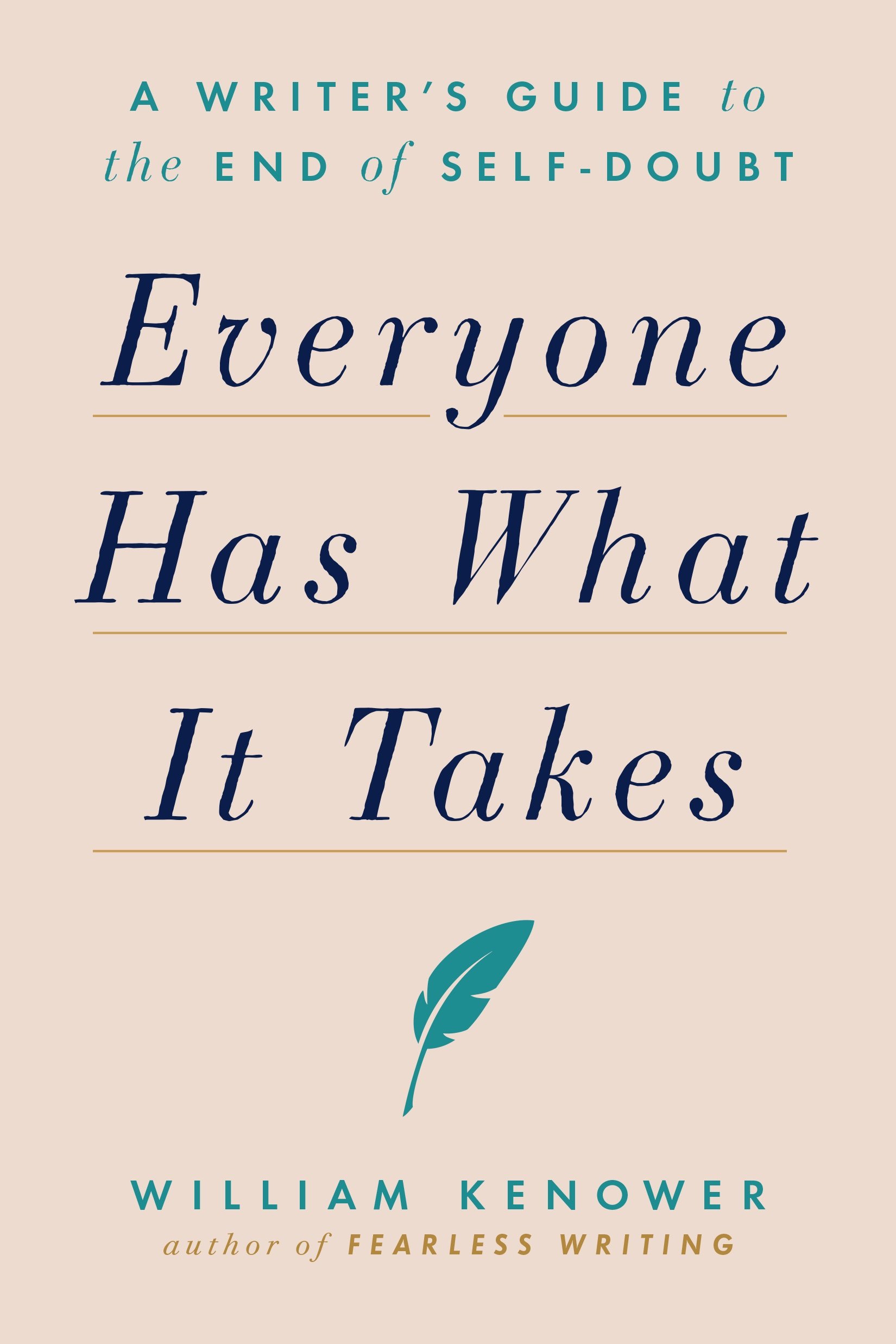Everyone's Story
For many years, all the stories I’ve told have featured primarily one protagonist: me. Yet one of the first lessons I learned as a memoirist and personal essayist is that none of my readers are interested in my life or any of my successes and failures. They are hopefully interested in the story I’m telling, but only insofar as it inspires or entertains them. We read for ourselves, to be soothed or reassured or to learn. In fact, I would go so far as to say that even though they are technically my stories, the readers are still reading about themselves.
I thought of this other day when I saw the already infamous clip from the Oscars. I heard about it from my son, and then my wife who showed me the footage on her phone. I didn’t want to see it, but morbid curiosity got the best of me. It was as weird and ugly as I imagined. I didn’t want to watch or think about it ever again, but I knew it would permeate the cultural conversation for some time, which of course it has.
I heard many different takes on what happened on that stage. Natashia Deón, the subject of this month’s interview, tweeted how disappointed she was that the nomination of the first African American woman Supreme Court Justice was being overshadowed by two men behaving poorly. The comedians James Spade and Dana Carvey – both, like Chris Rock, physically small men – talked on their podcast about how they were reminded of being bullied as kids. There was talk of toxic masculinity, men protecting women, race, insult comedy, violence, and on and on.
It struck me then that the slap was a kind of Rorschach test. Every person saw something different in it, and what they saw depended on who they were and what they cared about and where they were going and where they’d been. Weirdly, none of what I heard had anything to do with the incident itself. Every time I read or listened to comments, the subject was always the same – the one speaking or writing.
I think this is perfectly normal and perfectly okay. We are all the heroes of our own story, and everything we touch and see, everyone we meet, everything we do and dream, is a part of that story. No one can know it as we do. Which is why I didn’t want to watch the clip. A single scene doesn’t really make sense out of context, and that context is all that came before. I didn’t want to go through the exercise of filling in that context with my own interests and passions. I’d rather get back to the job of deliberately telling my own story, for if I don’t tell it, no one else will.
If you like the ideas and perspectives expressed here, feel free to contact me about individual coaching and group workshops.
Everyone Has What It Takes: A Writer’s Guide to the End of Self-Doubt
You can find William at: williamkenower.com


